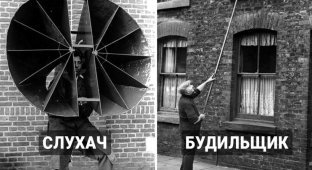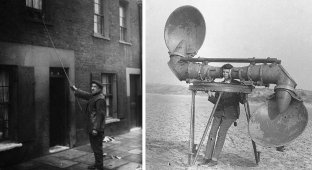18 Interesting and Unusual Professions That Disappeared with the Advent of Modern Technology (19 photos)
Machines, mechanisms and various automatic devices provoked the displacement of workers in many areas (this was especially noticeable in large enterprises and factories), which caused an extremely sad consequence, namely the extinction of professions. 
Of course, they were replaced by new specialties, no less interesting and original. However, it is still somewhat sad to realize that some part of history has nevertheless sunk into the past and will probably never return.
Lamplighter 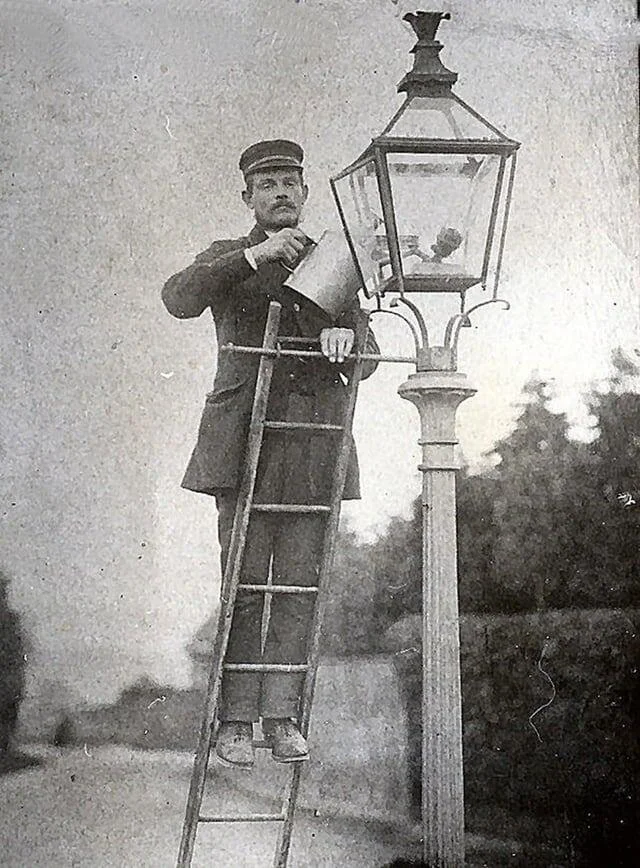
Lamplighters were city employees responsible for street lighting. They not only lit and turned off the lamps in a timely manner, but also monitored their proper functioning.
Telephone operator 
A profession that allowed people to communicate with each other. Today, they have been replaced by mobile phones and numerous messengers.
Alarm clock person or alarm clock 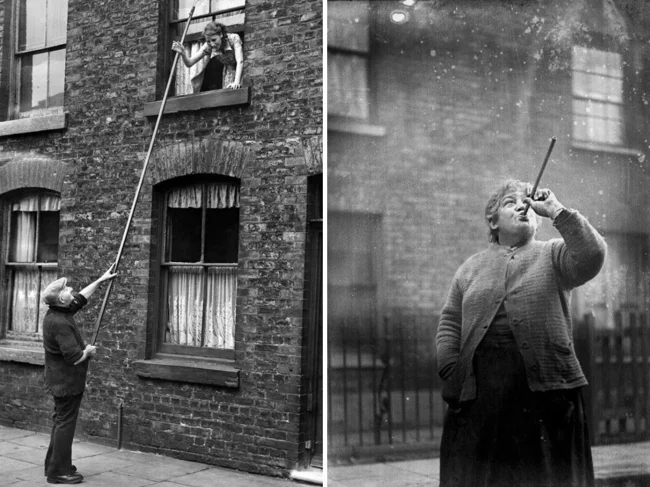
Such an unusual profession existed until the 20s of the twentieth century. The duty of specially trained people was to wake people up for work. The alarm man got up before everyone else and under no circumstances had the right to oversleep.
Water Carrier 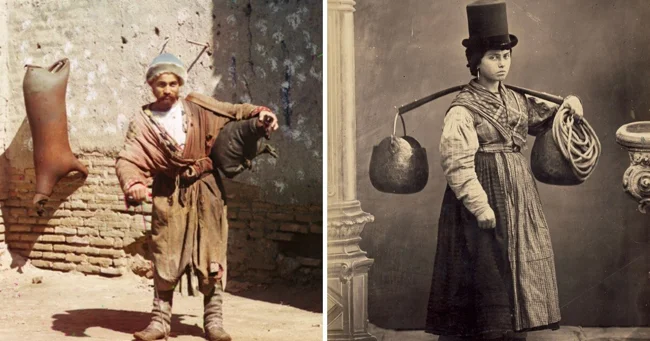
A profession, the essence of which was to deliver water from the source to the recipient. However, with the advent of centralized water supply, the need for such services disappeared.
Leech collector 
In the 19th century, collecting leeches was quite a profitable business, thanks to doctors. They used these creatures to treat many diseases, including mental disorders, headaches, lung diseases, and more.
As a rule, leech catchers used their own bodies as bait. However, it was impossible to do this for a long time. Some time later, the worker was covered in numerous wounds that required time to heal.
Ice cutter and ice carrier 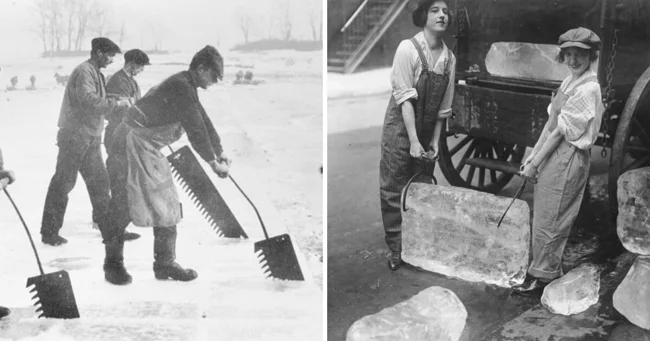
Previously, ice for food needs (food storage) was cut and delivered by specially trained people.
Timber rafter
In the 19th century, felled trees were floated to sawmills along rivers. Rafters helped to deliver them safe and sound. They walked along the bank with long sticks and guided the logs, and also removed various obstacles from their path. By the beginning of the 20th century, the profession faded away, as the railroad and portable sawmills appeared.
Calculator 
These were specially hired people who performed the most complex mathematical calculations. As a rule, they worked in a team.
Lecturer at the enterprise 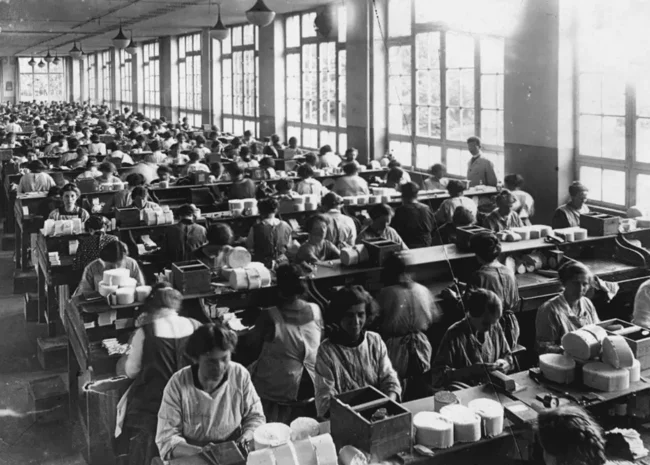
To avoid dying of boredom during monotonous work at the plant, they invited lecturers who read periodicals or fiction aloud. With the advent of radio, the need for such specialists disappeared by itself.
Criminal 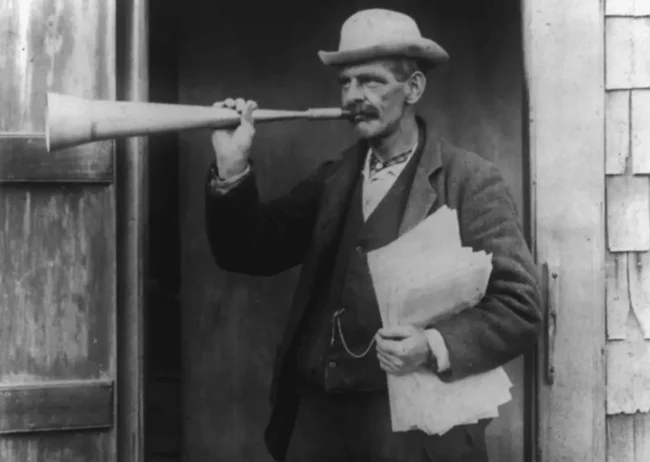
The town crier informed the townspeople of the latest news and other valuable information. The profession was in demand, since most people were illiterate and could not read the news on their own.
Listener 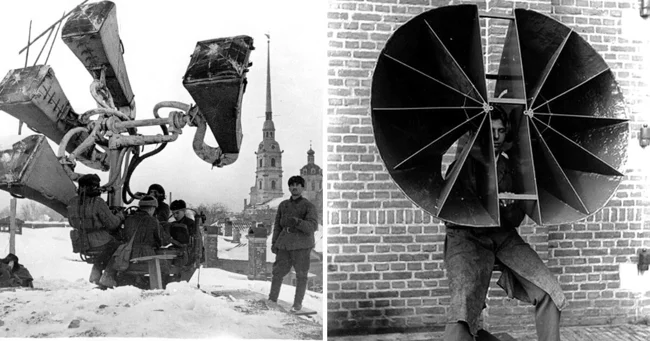
Only a person with the sharpest hearing could master this profession. His duties included detecting enemy aircraft.
Tosher 
During the Victorian era in London there were people called toshers. They made a living by hacking into the city's sewers and looking for coins, scrap metal, and other valuables. Toshers were considered to be on the same level as the working class. However, sewer exploration became illegal in 1840.
Linotype operator 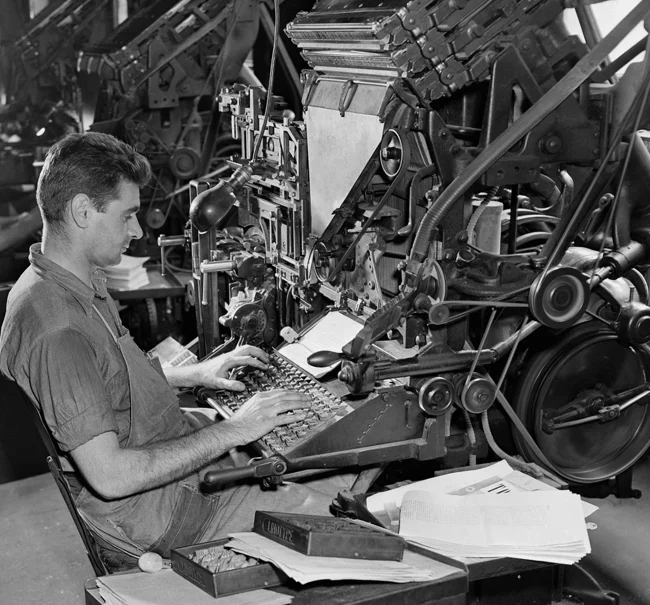
unpublications
Typesetters who worked on special machines called linotypes. They were designed to cast lines of text from garth (a special typographic alloy).
Elevator operator 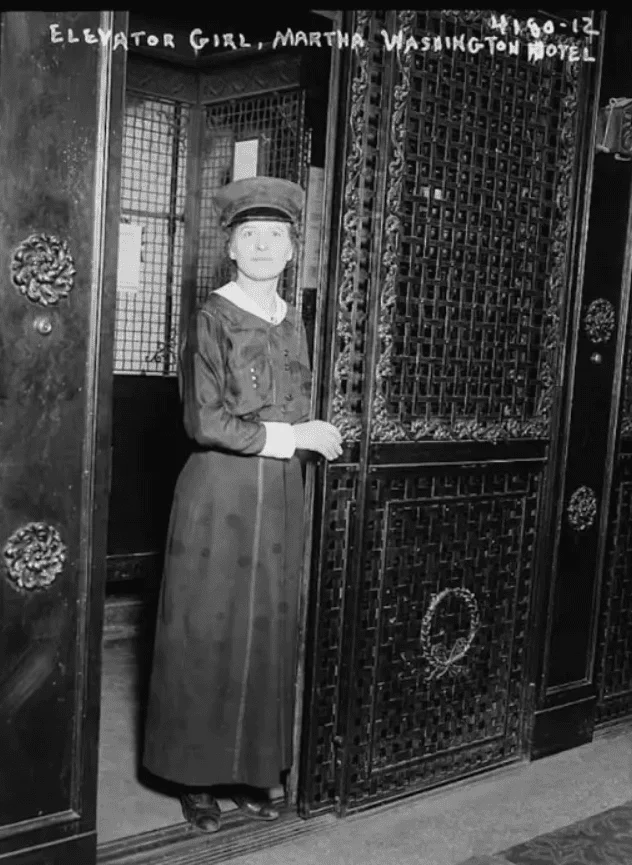
Elevator operators greeted guests and transported them from floor to floor.
Pin Setter 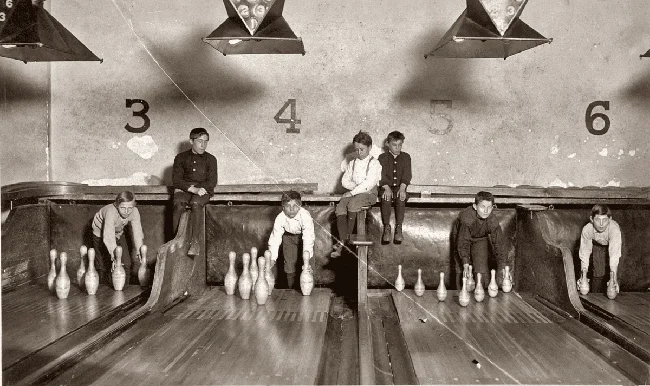
Before bowling alleys had pin-setting machines, children and teenagers did the job for a modest fee.
Pied Piper 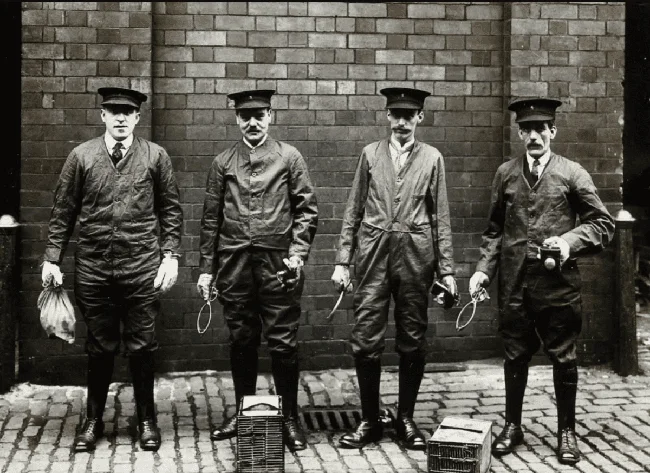
Since the Victorian era, London has suffered from hordes of rats, which by then were already known to carry disease. To solve this problem, many young people, including children, became rat catchers. Such work was in greater demand than, for example, a chimney sweep or a miner.
Cigarette Girl 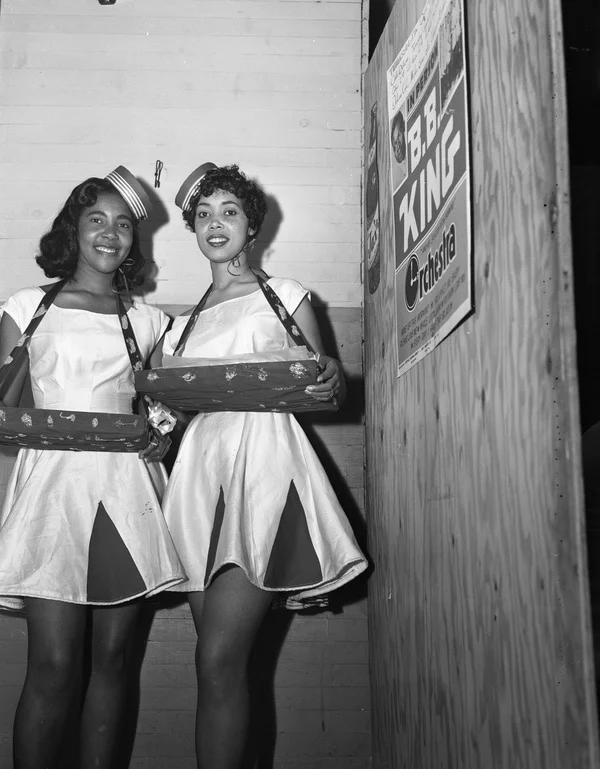
Cigarette girls, or cigar girls, have worked in American bars and clubs since the 1920s. They typically wore a hat and carried a tray around their neck with a selection of cigarettes that patrons could purchase.
Herb Spreader 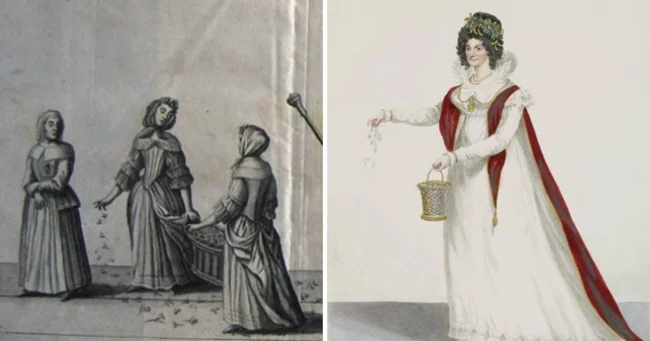
Royal families hired herb spreaders in the 16th and 17th centuries. Their job was to hide unpleasant odors in rooms using fresh collections. When the sewerage system became more sophisticated, the need for such specialists disappeared.












